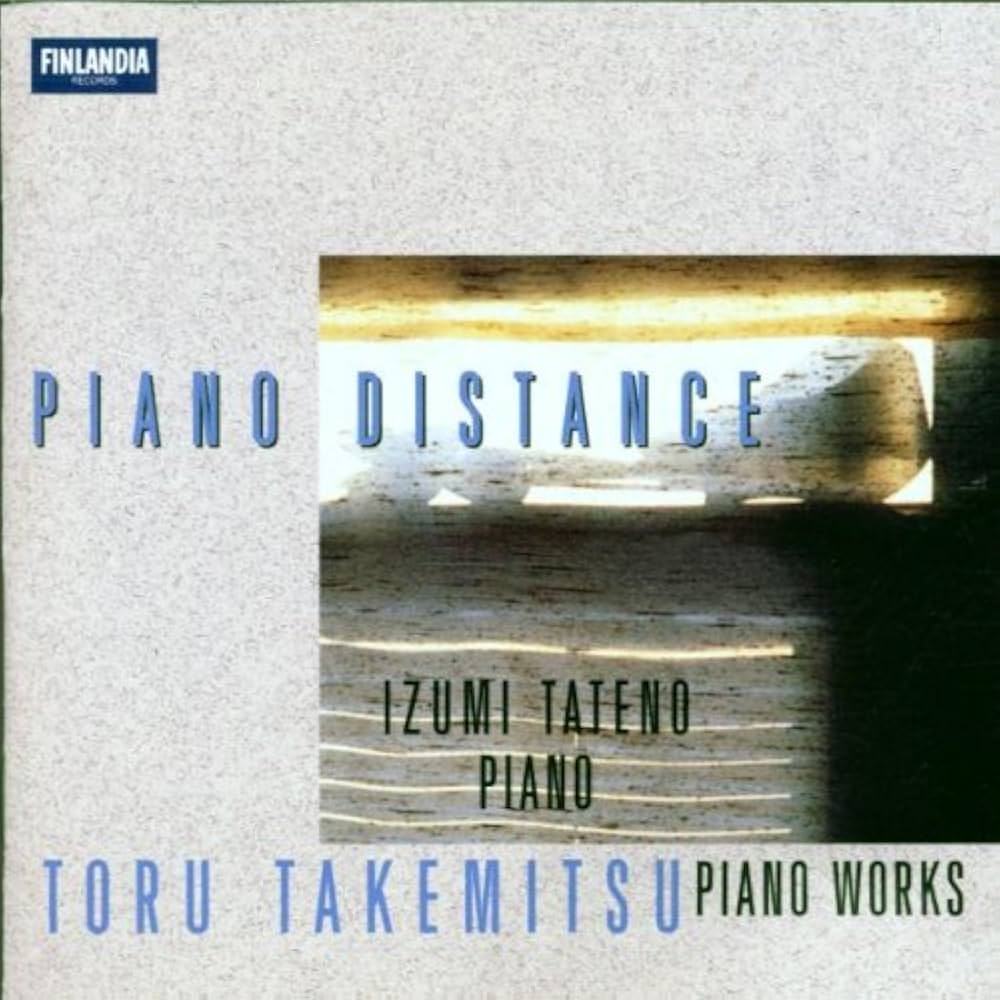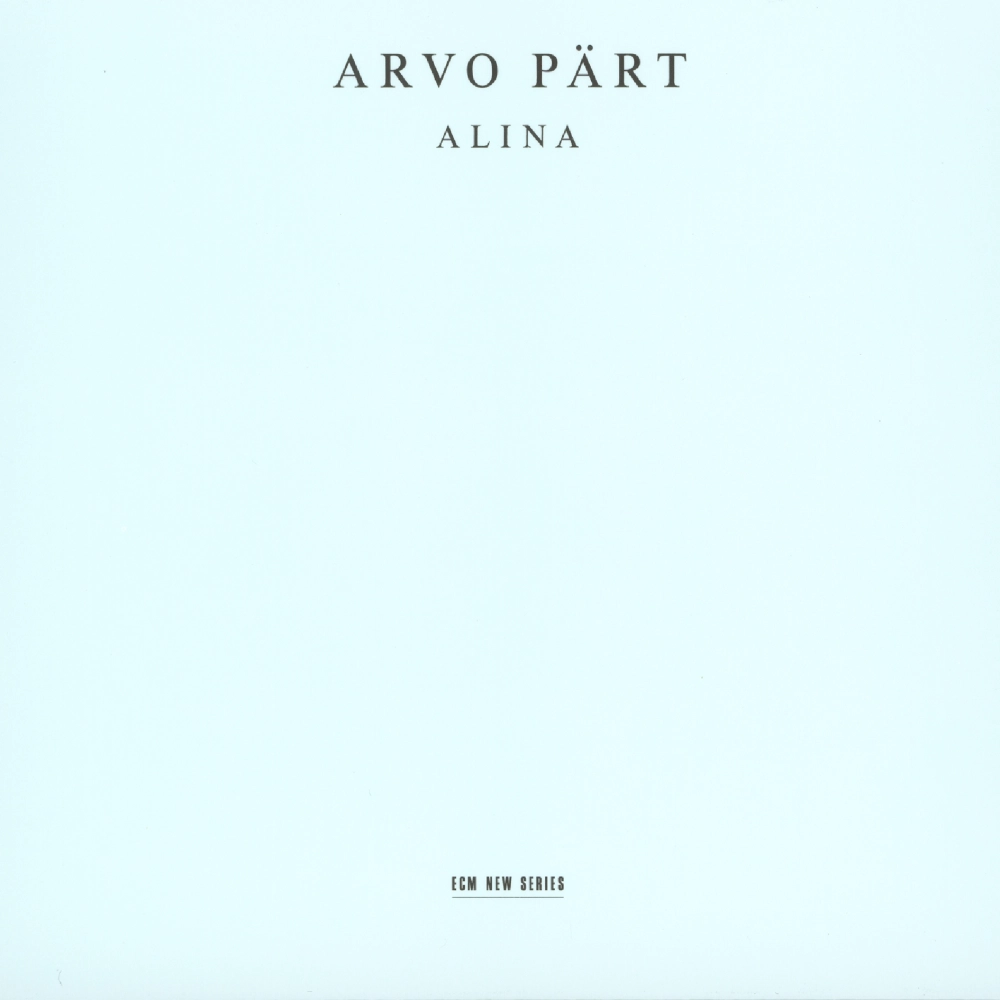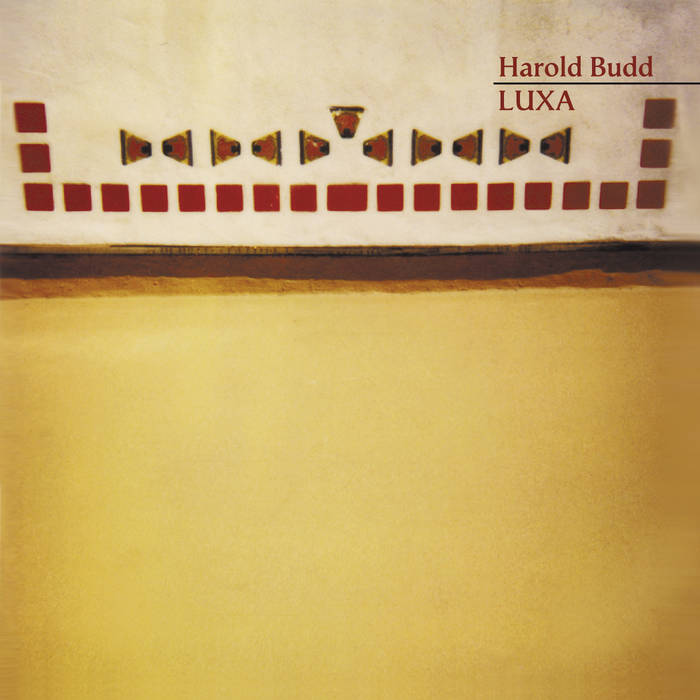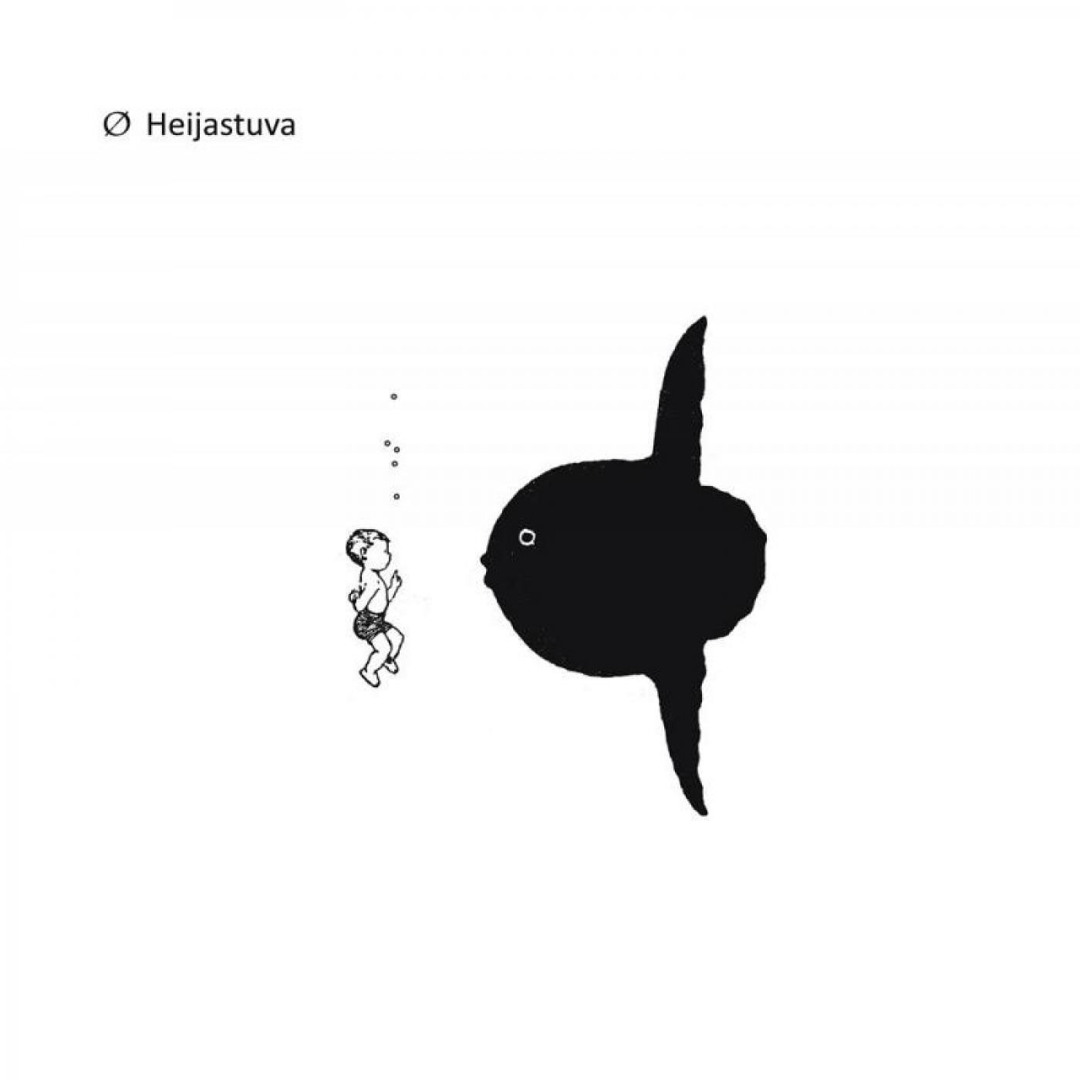



2025.06.29 SUN 6PM (일요일 오후 6시)
A Quiet Lineage
조용한 계보
Takemitsu / Pärt / Budd / Vainio
토오루 타케미츠 (Tōru Takemitsu) , 아르보 페르트 (Arvo Pärt), 해롤드 버드 (Harold Budd).
이 세 작곡가의 이름을 처음 접한 것은 대학 시절, 책 속에서였습니다.
‘명상적’, ‘미니멀’, ‘정제된’ 같은 단어들이 따라붙었지만, 그 언어들만으로는 음악에 닿을 수 없었습니다. 언제나 무엇인가 빠져 있다는 감각, 설명되지 않는 여백이 남아 있었기 때문입니다.
오랜 시간이 흐른 뒤, TILT에서 언젠가 반드시 다시 마주하게 될 음악가, 미카 바이니오(Mika Vainio)가 이 세 작곡가를 깊이 아꼈다는 사실을 알게 되었습니다. 특히 해롤드 버드와는 실제로 편지를 주고받았다고 합니다.
그 사실 하나만으로 청취는 달라졌습니다.
미카 바이니오의 침묵처럼 단단한 한 음 안에서
타케미츠의 여백, 페르트의 질서, 버드의 잔향이
자연스럽게 겹쳐 들려왔습니다.
⸻
토오루 타케미츠 (Tōru Takemitsu) 는 흐릅니다.
어디로 향하지 않고, 다만 머뭅니다.
그의 음악은 말보다 여백을 더 신뢰하며,
그 여백 속에서 존재의 상태를 조용히 지켜봅니다.
⸻
아르보 페르트 (Arvo Pärt)는 질서를 말합니다.
하지만 그것은 억압이 아닌, 비워냄의 구조입니다.
음과 음 사이가 서로를 살리는 틴틴나불리의 질서입니다.
⸻
해롤드 버드 (Harold Budd) 는 감정을 직접 말하지 않습니다.
그는 자리를 비워둔 채, 감정을 조용히 머물게 합니다. 그의 음악은 사라지지 않고, 남아 있는 방식으로 마음을 건드립니다.
⸻
존재 이전의 감정, 그리고 청취
이 세 사람의 음악을 다시 듣는다는 것은 결국 한 음악가의 흔적을 따라가는 일이기도 합니다. 배운 언어가 아니라, 소리 속에서 깨어나는 감각의 호흡을 따라가는 일입니다.
그들의 음악은 감정을 끌어내려 하지 않고, 감정이 자연스럽게 떠오를 수 있도록 조용한 여지를 남겨둡니다.
⸻
이 음악을 다시 듣는다는 것은 무언가를 설명하거나 해석하는 일이 아닐 것입니다. 그보다는 단지, 들린다는 사실 자체를 고요히 받아들이는 일에 가깝습니다.
타케미츠, 페르트, 버드 그리고 그들을 다시 연결해준 미카 바이니오. 이 조용한 계보는 음악이 아니라, 청취의 감각으로 이어집니다. 그 관계 안에서, 우리는 말보다 먼저 존재하는 감정을 듣습니다.
Toru Takemitsu - Piano Distance [1961]
Arvo Pärt - Spiegel im Spiegel [1978]
Harold Budd - Luxa [1996]
Ø (MIKA VAINIO) - Heijastuva [2001]
A Quiet Lineage
Takemitsu / Pärt / Budd / Vainio
Tōru Takemitsu, Arvo Pärt, Harold Budd.
I first encountered the names of these three composers in a book during my college years.
They were often described with words like "meditative," "minimal," and "refined," but those labels alone couldn't get me to the heart of their music. There was always a sense that something was missing—an unexplained space that language failed to fill.
Much later, at TILT, I learned that Mika Vainio—a musician whose work I knew I would inevitably return to—deeply admired these three composers. He had even corresponded with Harold Budd.
That single fact transformed my listening experience.
Within a single, solid note from Mika Vainio—as firm as silence itself—I could hear the overlapping echoes of Takemitsu's negative space, Pärt's structure, and Budd's resonance, all layered together naturally.
⸻
Tōru Takemitsu flows.
It doesn't travel toward a destination; it simply lingers.
His music places more trust in space than in words, quietly observing the state of being within it.
⸻
Arvo Pärt speaks of order.
But it is not an order of restriction; it is a structure of release.
It is the order of tintinnabuli, where the space between notes allows each one to breathe.
⸻
Harold Budd does not state emotion directly.
He leaves a space vacant, allowing feeling to quietly settle in.
His music touches the soul not by fading away, but by remaining.
⸻
Feeling Before Form, and the Act of Listening
To revisit the music of these three composers is, ultimately, to trace the path of another. It is to follow not a learned language, but the very breath of sensation as it awakens within the sound.
Their music doesn't try to extract emotion. Instead, it leaves a quiet space for feeling to surface on its own.
⸻
Listening to this music again is not an exercise in explanation or interpretation. It is, rather, a quiet acceptance of the simple fact of hearing.
Takemitsu, Pärt, and Budd—and Mika Vainio, the link that joins them. This quiet lineage is passed down not through composition, but through the act of listening itself. Within that connection, we hear the feelings that exist before words.
'FNST' 카테고리의 다른 글
| 2025.07.03 Radio Endless : Where Are We Now? (0) | 2025.07.03 |
|---|---|
| 2025.06.30 Unmapped Rhythms — Listening Beyond the Grid (0) | 2025.06.30 |
| 2025.06.28 Distorted Senses, A Quiet Escape (1) | 2025.06.27 |
| 2025.06.26 Existence is not spoken — it is heard (1) | 2025.06.26 |
| 2025.06.25 12k : How to Listen to Quiet Sounds (1) | 2025.06.25 |